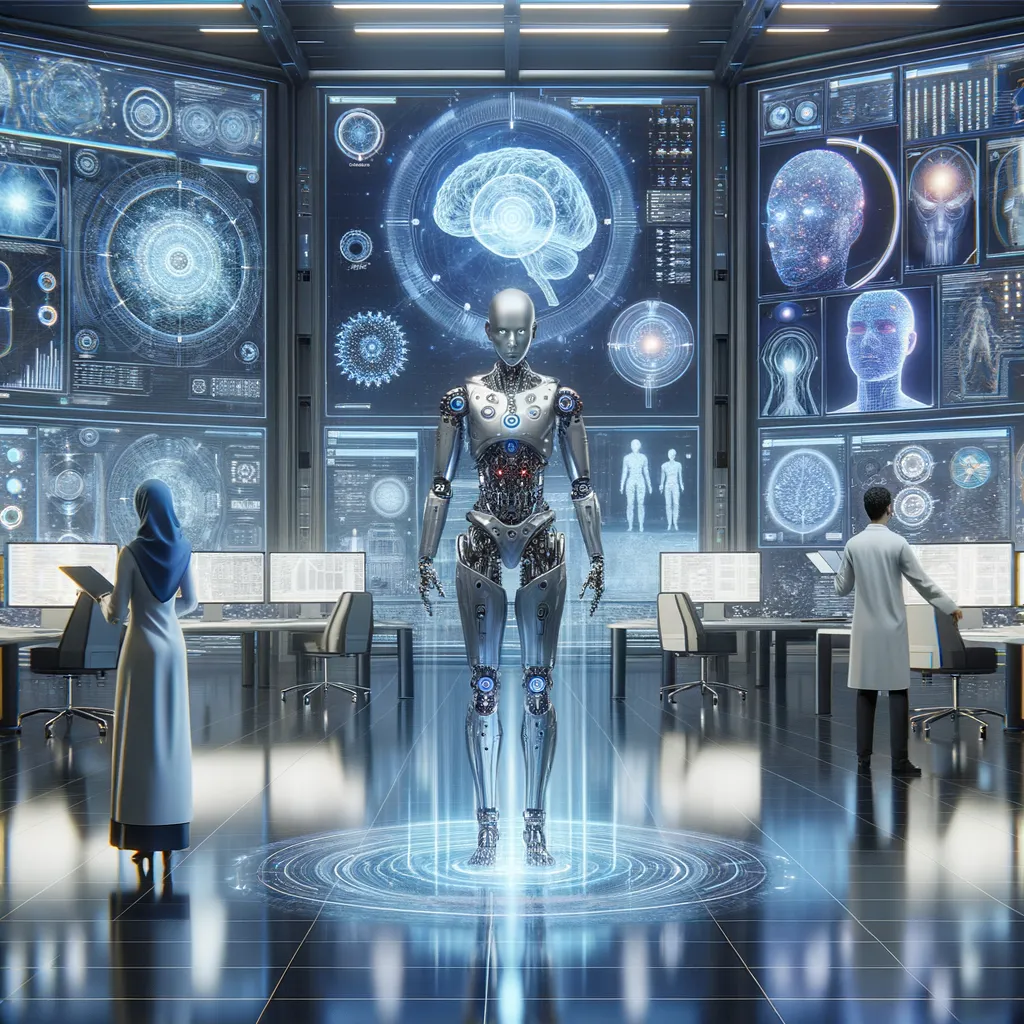Artificial Intelligence in the World of Law
Today, the issue of artificial intelligence being used in a great variety of fields has become quite the hot-button issue and one of the most widely discussed topics as of late. The use of artificial intelligence will have its imprint in the legal field as well. It would be just as fair to ponder how AI might benefit the legal profession. However, that of course begs the question – will the legal profession disappear?
In our view, there are both pros and cons to the use of AI in law.
Pros of AI in law
- Firstly, AI is capable of processing large volumes of information at a high speed with a high level of precision. Law requires analyzing large volumes of legal documents, court rulings, legislation, and precedents. Using AI helps quickly and efficiently process as well as systematize that information, which will render the job lawyers have to do dramatically easier.
- Secondly, AI may help in automating routine tasks, such as collecting and classifying documents, preparing legal documents, and analyzing case circumstances. This saves lawyers time and effort and affords them more time to concentrate on more challenging tasks which require more creative thinking or unorthodox approaches.
- Thirdly, the use of AI may reduce the risk of errors being made due to the human factor.
Cons of AI in law
AI’s first and foremost substantial flaw is it lacks emotional intelligence. It's not capable of evaluating work from an ethical point of view. Meanwhile, ethics does play a major role in the decision-making revolving around certain issues.
The second flaw is the problem of liability for erroneous or unjust decisions made by AI.
The lawyer's role is not merely to analyze legal information but also closely interact with clients and take part in the processes going on in the courtroom. These aspects require the human factor, empathy, and creative thinking to exist, things which today are very difficult to recreate with AI.
As a counterargument to that assertion, one could point to the example of the recent “blind” research conducted at UC San Diego over which 200 consultations were given by chat GPT and doctors. The model used strictly medical data, textbooks, and research.
During those consultations, the person didn't know who was consulting them, a robot or a person. After that, the consultations were evaluated by experts and other doctors, which the following overall statistic – in 79% of cases, they believed the robots provided better responses than the doctors. In the experts’ opinions, the robot also showed 3.6 times more empathy.
Despite the advantages and flaws, it’s doubtful that AI will ever completely supplant lawyers. Instead, it will most likely serve as a tool for boosting the efficiency and quality of the work lawyers do. AI may help automate certain tasks and provide access to a huge volume of information and analytical tools, but the final decisions and key legal decision-making will remain within the hands of experienced lawyers.
The truth, as usual, lies somewhere in the middle: AI and lawyers must interact, complementing each other within the bounds of contemporary legal practice.

Other articles on the topic
View articles




